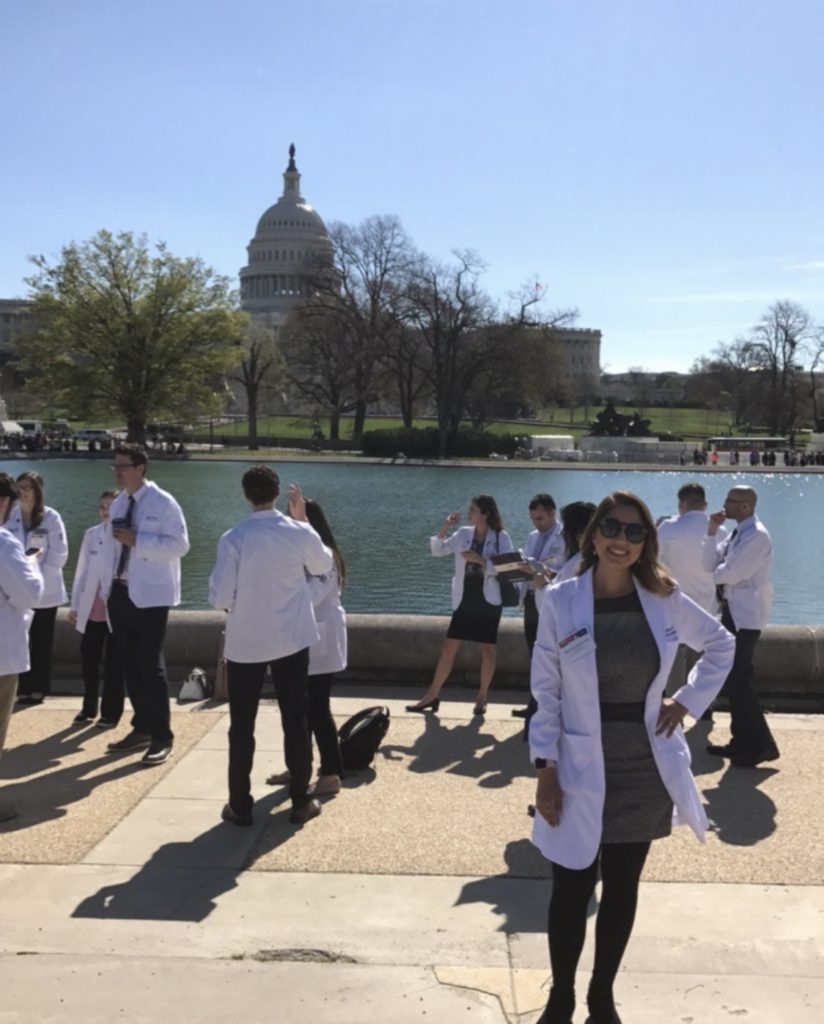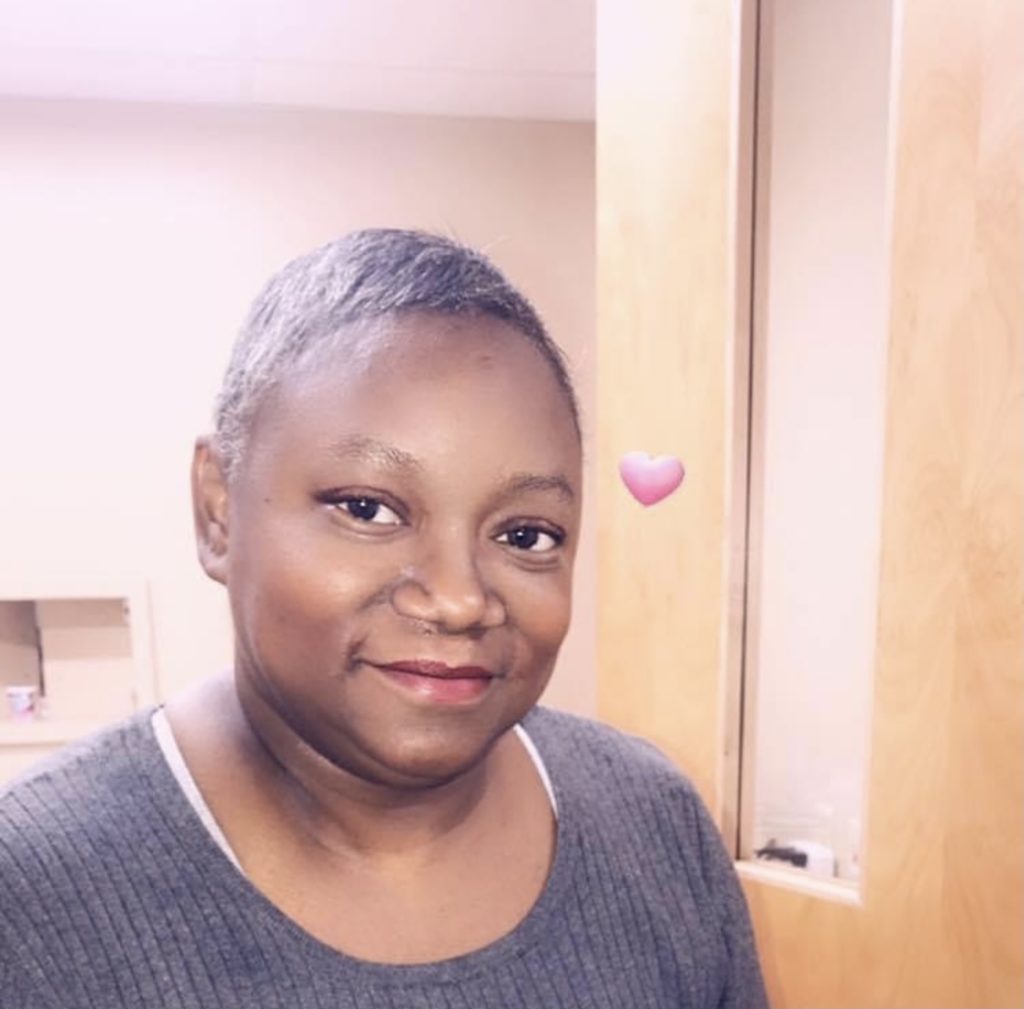Our country’s political climate has changed dramatically this last year. As healthcare providers, we’re powerful leaders in our communities and across the country. When faced with times of injustice, activism becomes a responsibility. It becomes vital for us to not only advocate for our patients and future patients, but also raise awareness for policies that affect our healthcare system and providers.
We can not stay silent anymore. Racism, sexism, oppression of marginalized groups runs rampant in our healthcare system and its time to fix it.

Systemic racism is prevalent everywhere.
Sometimes it’s not as obvious as MAGA terrors storming the Capitol. The most obvious example of “hidden” systemic racism is the roll out of the COVID19 vaccine. Hospital systems that chose to vaccinate physicians first, knowingly or unknowingly upheld that racism. Statistically white men make up a majority of physicians. Let’s call this what it is. Racism. Hospitals should be vaccinating frontline workers directly in contact with COVID 1st. That includes all allied health professionals, no matter their “tier,” students, and custodian workers.
Black patients are dying…
…and being a black doctor is not protective.

Dr. Susan Moore is the second black female doctor to die this year highlighted in the media. The doctor title didn’t even afford her any clout.
Dr. Wallace died of preeclampsia complications, and while some may argue it’s just “complications,” statistically significant data shows that women and people of color are not believed and not taken seriously in healthcare.
As Dr. Irobunda said on her instagram, Dr. Moore chronicled her experience with the healthcare system and neglectful doctor with videos she posted online. If she hadn’t, would anyone believe her?
“It can’t be true.”
“There’s no way that people could be that mean.”
“Maybe this is being taken out of context.”
Examples of statements that can show the implicit bias in the medical community may have when approaching BIPOC people:
“she just wants pain meds”
“They only care about their hair and nails. they don’t care about their health.”
“Oh bless her she’s not smart enough to know what’s really good for her.”
I challenge all of us to sit with these types cases and reflect. Think about what you can do as a healthcare provider to combat racism and sexism.
“This is how black people get killed. When you send them home and they don’t know how to fight for themselves.”
-Susan Moore
Who knows if Dr. Moore would have beaten COVID, but she could have been treated with dignity and respect while she was fighting it.
How to start making big national changes as a Doctor
D.O. Day on the Hill is an annual event that the American Osteopathic Association puts together for osteopathic medical students, physicians, and other healthcare advocates. Each participant speaks with their senators and representatives within their voting district. This is a really exciting opportunity to connect with policy makers.
DO Day 2021 is virtual and will also include a full day advocacy and health policy conference. Session planning is currently in progress, but topics covered will include specific federal and state legislative priorities, regulatory and payment policy, state grassroots advocacy, along with social media and message training, and, of course, lobby day preparation and training.
I remember going to D.O. Day on The Hill as a bright eyed second year medical student in 2006, and 15 years later I continue to go back as a proud Osteopathic physician with a powerful voice. I encourage you all to get involved in politics and let your voice be heard!
Save the date for DO Day 2021: March 7-8, 2021
Tell me what you’re doing as a doctor or future doctor to change the system in the comments below!
+ show Comments
- Hide Comments
add a comment